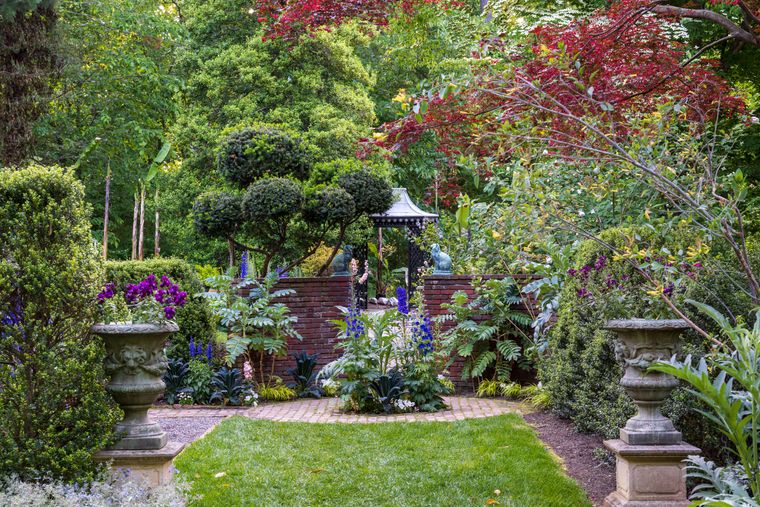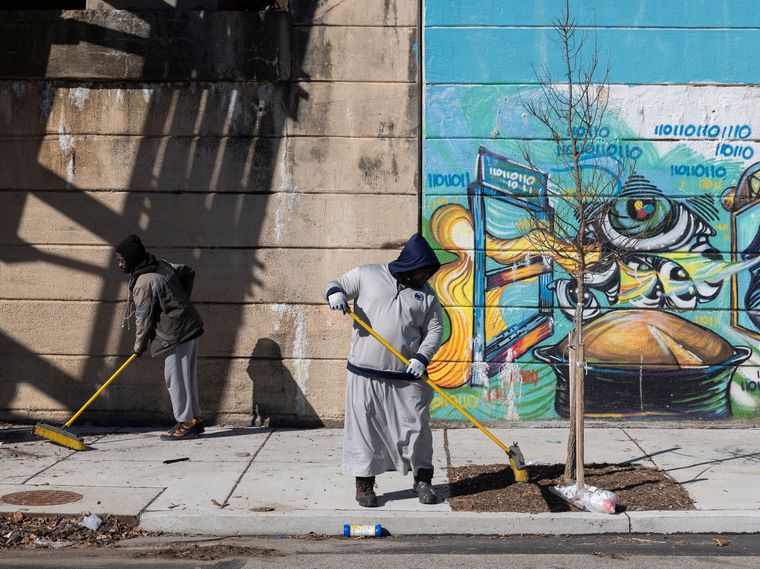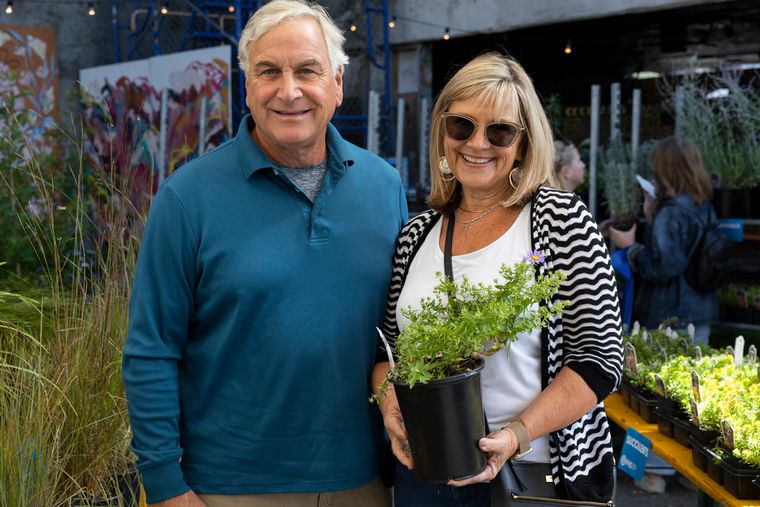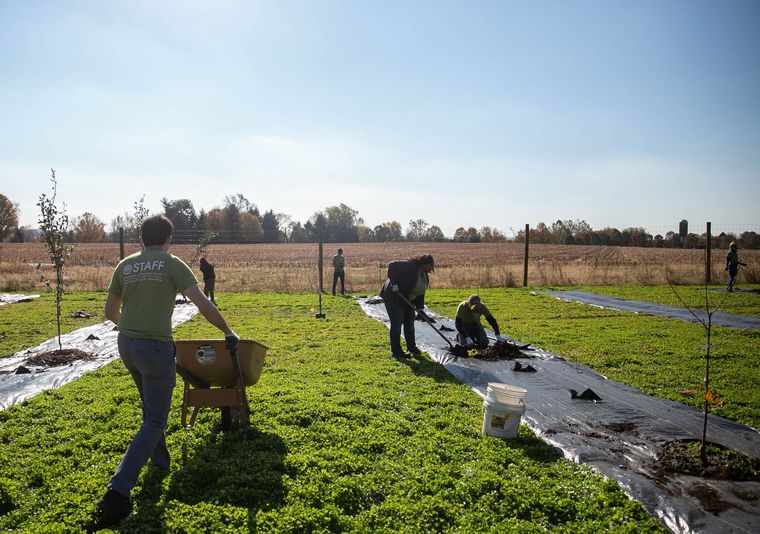



Resolutions for a Healthy Garden
Press Releases
community gardens

Start the new year with an environmentally healthy plan for your outdoor space – whether you have a patio, small garden plot, or acres of land, you can contribute to a healthier, greener world in your own space. From creating pollinator-friendly flower beds to ensuring the health of your soil and using organic gardening treatments, the following ideas will help you begin the new decade with a refreshed and refocused dedication to gardening for the greater good.
Plan Ahead
Assess the light conditions in your outdoor area before you purchase anything -- drawing a map showing where, and for how long, the sun hits different areas will help you choose the right types of plants that will flourish. Do you have full sun – six hours or more? What about full shade, or something in between? East-facing gardens will get morning sun, while west-facing will benefit from late afternoon and early evening. It’s also helpful to look at your area after a heavy rain and see where water has puddled or drained well. “Remember gardening is a fluid, living activity,” says Glenn Ashton, Head Gardener at PHS Meadowbrook Farm. “You can transplant and move things around. Take your time at the beginning of the season or with a new space -- you can always make adjustments.”
Tiny Space
Even a small yard in the city can have a big impact. “It’s imperative that people plant trees to the scale of their property,” says Ashton. “There are trees for every size property, such as dwarf and miniature conifers.” These miniatures have a very slow growth rate, making them perfect for petite locations. “Trees don’t have to be gigantic to add benefits and beauty,” he says. If you’re looking for a small, understory tree, try a native like Aesculus pavia ‘Red Buckeye,’ or Cercis canadensis ‘American Redbud.’ Resources for finding the right tree include the Arbor Day Foundation and Missouri Botanical Garden websites.
For city balconies and patios, plant container gardens with pollinator-friendly salvia, Agastache rugosa ‘Honey Bee Blue,’ and Pycnanthemum virginianum ‘mountain mint,’ and other species high in nectar. “Find the largest and deepest containers that you can accommodate in your space. The more soil you have, the less likely it is to dry out,” says Ashton.
Work from the Ground Up
A healthy soil is the basis for growing healthy plants and food. “Healthy soil is the Holy Grail of sustainable and regenerative agriculture,” says Sally McCabe, PHS Associate Director, Community Education. This year, aim to get closer to this iconic ideal -- soil that is the perfect mix of organic matter, micro-critters to break down the organic matter, and sand/silt/clay to round out the chemistry side of the equation. Learn how to feed your outdoor soil with compost and let the natural processes feed the vegetables, fruits and flowers.

Be an Advocate for Pollinators
Plant for the birds and the bees. “I’m a huge advocate for ruby-throated hummingbirds and native bees,” says Ashton. “I plant natives that bloom when the bees come out of dormancy – and the pickings – while slim – are beautiful and easy to grow.” He suggests Mertensia virginica Virginia bluebells, Aquilegia canadensis Colombine, Polemonium reptans Jacobs Ladder and Silene virginica Fire Pink, and Phlox stolonifera Creeping Phlox to attract pollinators. “For the hummingbirds, I always have something blooming for them -- from the time they arrive in the spring until they leave.”
Consider a PHS Gold Medal Plant, Major Wheeler Trumpet Honeysuckle, a native vine that pollinators love. Plant Agastache and other nectar-producing plants like mountain mint and echinacea, for bees, hummingbirds, butterflies, and American goldfinch, who feed on the seeds in fall and winter.
Natural Solutions
Try organic, chemical-free ways to control weeds this year. “Naked” soil is susceptible to weeds, so a couple of options include suppressing weeds, and intentionally planting ground cover. To suppress weeds, Sara Ozawa, PHS Garden Specialist, says, “Try to suppress weeds before the season starts. If you have an intensive problem, placing cardboard under your mulch helps.” Cardboard is biodegradable and will contribute to your soil.
Planting pollinator-friendly ground cover, like clover or plants that are nectar sources, including yarrow, dill, marigold, fennel, mountain mint, and prairie coneflower, will keep weeds down and attract beneficial bugs to your garden. Ladybugs will devour parasitic insects including aphids, mites, and scale. Ozawa says, “Proactive measures are always preferable to treatment after the fact, since even organic pest repellent, like neem oil, can repel good bugs.”
Take a Class
The Pennsylvania Horticultural Society offers classes and workshops, resources, and support to all who share our vision for a healthier future.